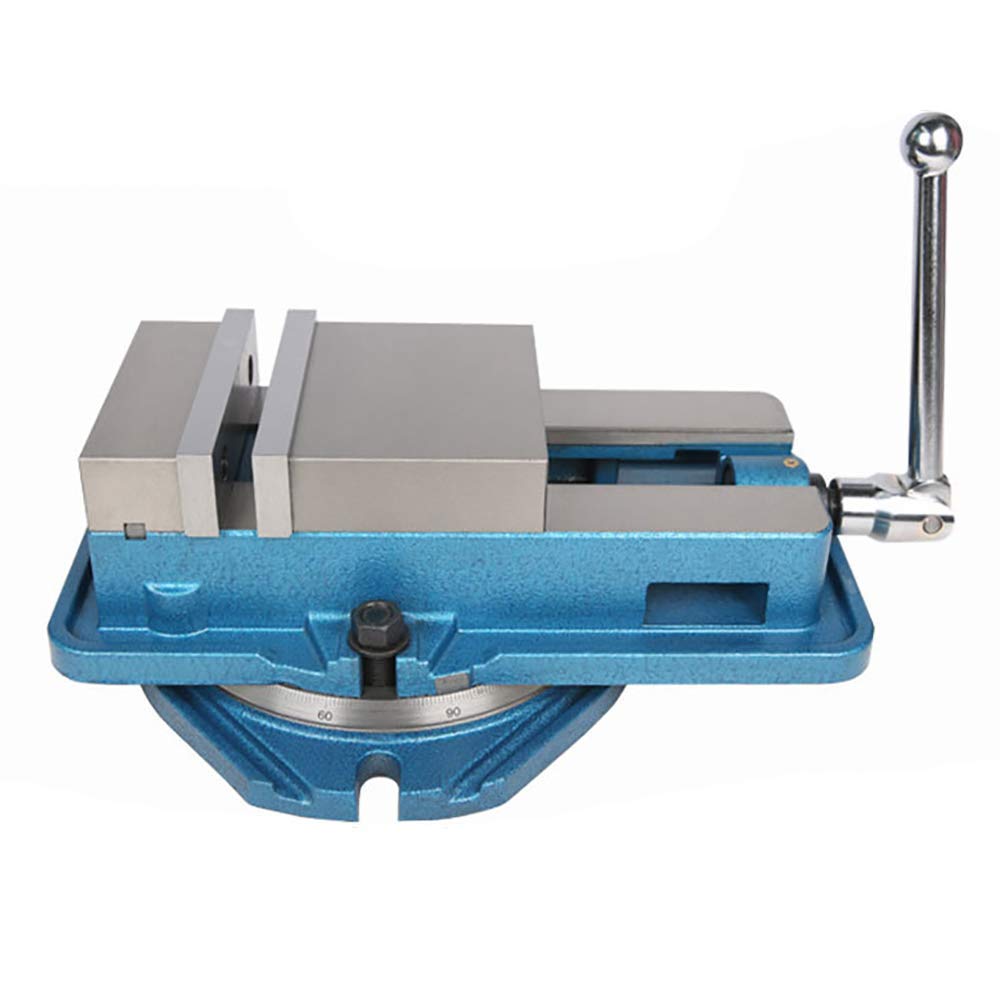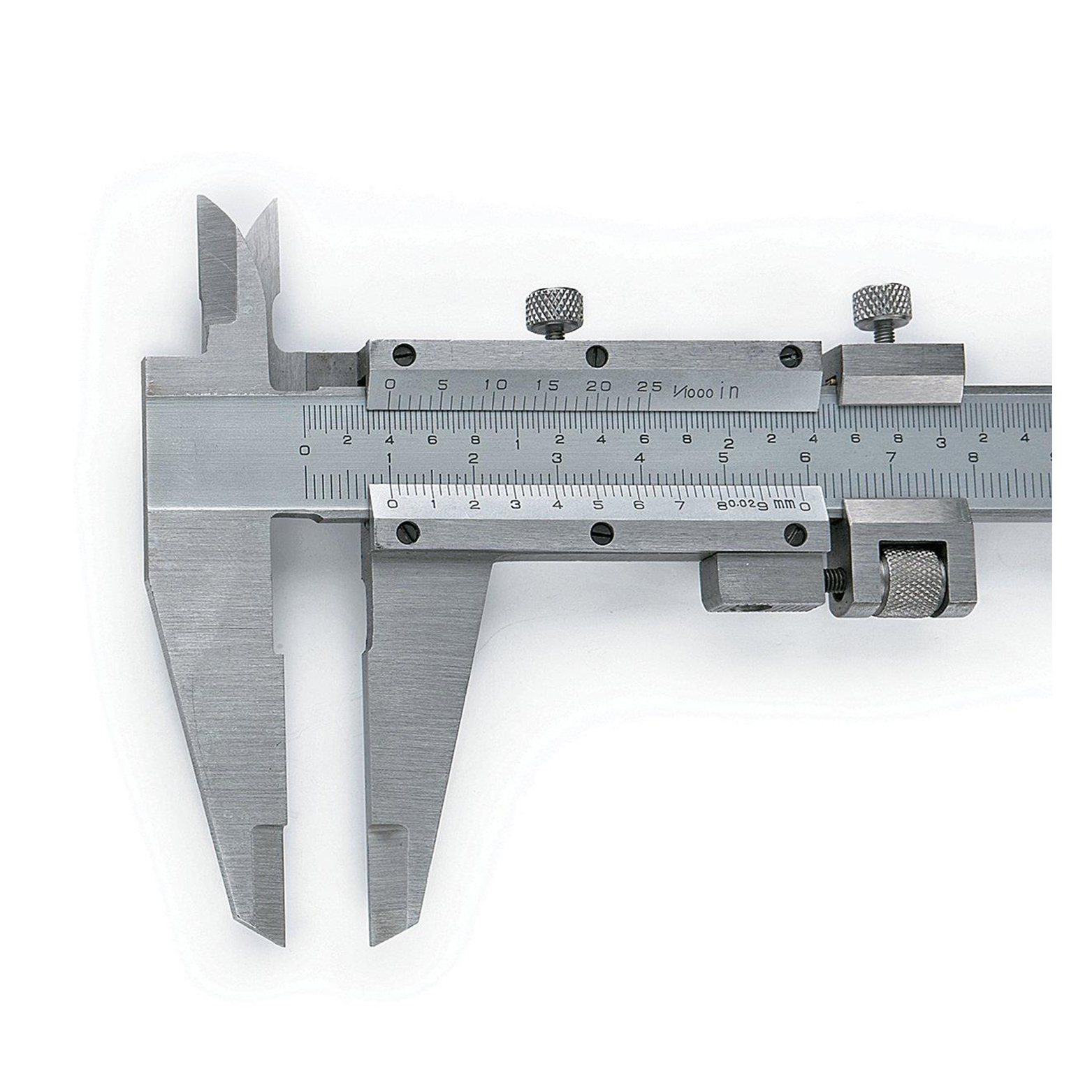milling bit Factories
Finding reliable milling bit factories can be challenging. This article explores the factors to consider when choosing a manufacturer, different types of milling bits available, and how to ensure you select the right partner for your specific machining requirements.
Understanding the Landscape of Milling Bit Factories
The global market for milling bits is diverse, with manufacturers ranging from small, specialized shops to large-scale industrial facilities. Understanding this landscape is the first step in finding the right supplier.
Factors to Consider When Choosing a Milling Bit Factory
Selecting the appropriate milling bit factory depends on several critical factors. These include manufacturing capabilities, material expertise, quality control processes, and pricing structures. Consider these points carefully:
- Manufacturing Capabilities: Does the factory have the equipment and expertise to produce the specific types of milling bits you need? Look for information on their CNC machines, grinding equipment, and other relevant technology.
- Material Expertise: Can they work with the materials your applications demand, such as carbide, high-speed steel (HSS), or coated variants?
- Quality Control: What are their quality assurance procedures? Do they have certifications like ISO 9001?
- Pricing and Lead Times: Are their prices competitive, and can they meet your delivery deadlines?
- Customization Options: Do they offer custom milling bit design and manufacturing services?
Types of Milling Bits and Their Applications
Different milling bits are designed for specific materials and applications. Understanding the various types is crucial for choosing the right tool for the job.
End Mills
End mills are versatile milling bits used for a wide range of applications, including slotting, profiling, and surfacing. They come in various flute counts, materials, and coatings.
Ball Nose Mills
Ball nose mills, also known as ball end mills, have a rounded cutting edge and are used for creating contoured surfaces and 3D shapes.
Face Mills
Face mills are designed for surfacing large areas quickly and efficiently.
Thread Mills
Thread mills are used to create internal and external threads in a single operation.
Materials Used in Milling Bit Manufacturing
The material used to manufacture a milling bit significantly impacts its performance and lifespan. Here's a comparison of common materials:
| Material | Hardness (HRC) | Applications | Pros | Cons |
|---|---|---|---|---|
| High-Speed Steel (HSS) | 62-65 | General purpose machining, softer materials | Lower cost, good toughness | Lower hardness, shorter tool life |
| Carbide | 88-93 | High-speed machining, harder materials | High hardness, longer tool life | Higher cost, more brittle |
Data sourced from various milling bit manufacturer websites.
Ensuring Quality and Reliability from Your Supplier
Maintaining consistent quality is paramount. Establish clear quality control standards and regularly audit your suppliers.
Certifications and Standards
Look for milling bit factories that adhere to recognized quality standards, such as ISO 9001. These certifications demonstrate a commitment to quality management systems.
Testing and Inspection Procedures
Inquire about the factory's testing and inspection procedures. Reputable manufacturers conduct rigorous testing to ensure their milling bits meet performance specifications.
Working with Wayleading Tools
At Wayleading Tools, we understand the importance of reliable milling bits. We are committed to providing high-quality tools that meet the demands of diverse machining applications. Our experienced team can help you select the right milling bit for your specific needs. Our focus on precision and quality ensures that you receive tools that deliver optimal performance and longevity.
Cost Optimization Strategies
While quality is essential, cost-effectiveness is also crucial. Explore these strategies to optimize your spending on milling bits:
- Volume Discounts: Negotiate volume discounts with your supplier.
- Tool Life Extension: Implement proper tool maintenance and usage practices to extend the life of your milling bits.
- Material Optimization: Select the most appropriate material for your application to avoid overspending on unnecessary features.
The Future of Milling Bit Factories
The milling bit industry is constantly evolving, with advancements in materials, coatings, and manufacturing techniques. Staying informed about these trends is crucial for maintaining a competitive edge. Factories that embrace innovation and adopt cutting-edge technologies will be best positioned to meet the future needs of the market.
Related products
Related products
Best selling products
Best selling products-
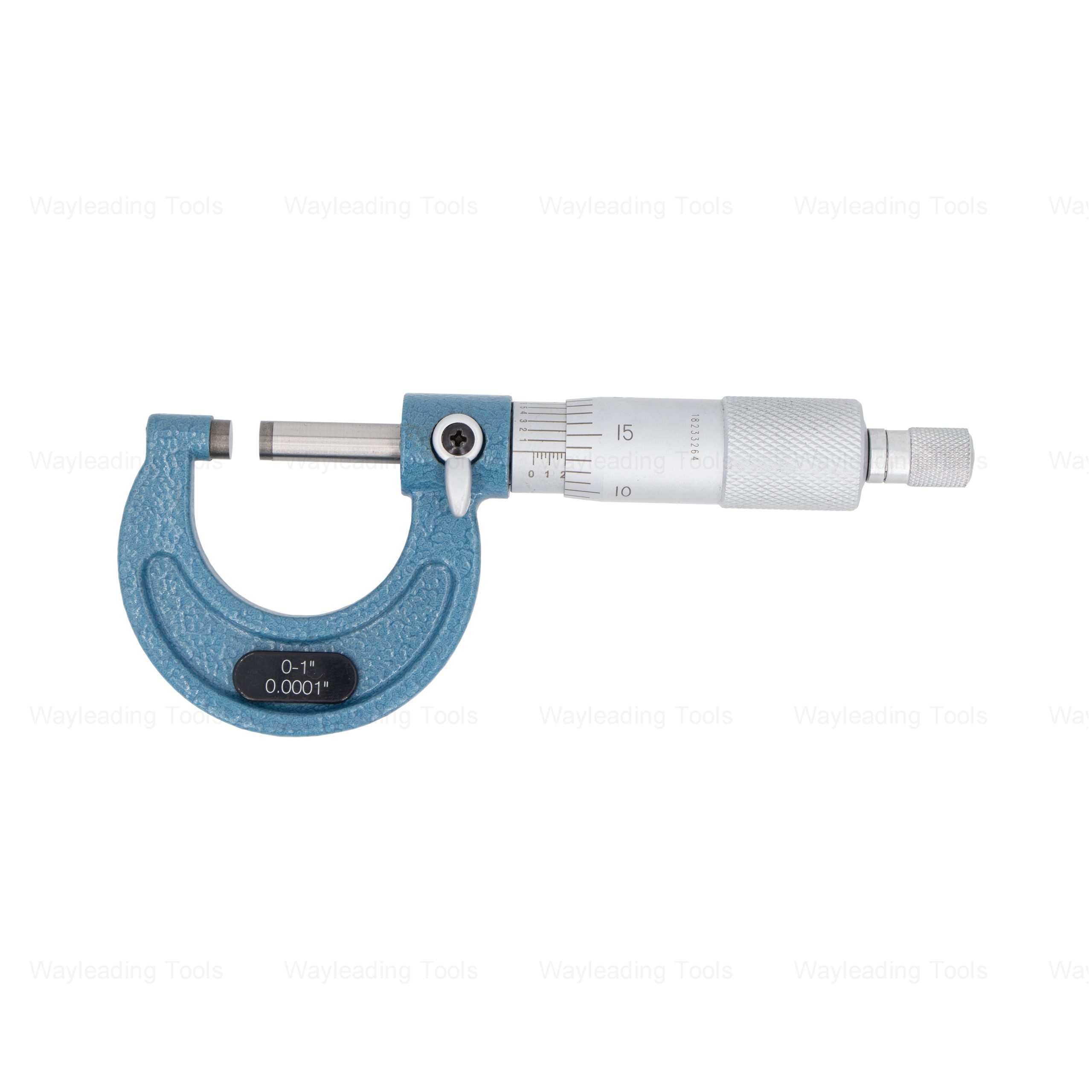 Premium Outside Micrometer – Metric & Inch, Ratchet Stop, Industrial Grade
Premium Outside Micrometer – Metric & Inch, Ratchet Stop, Industrial Grade -
 Type J-60 Degree Cone Tungsten Carbide Rotary Burr
Type J-60 Degree Cone Tungsten Carbide Rotary Burr -
 Precision Magnetic Base With Fine Adjustment For Dial Indicator
Precision Magnetic Base With Fine Adjustment For Dial Indicator -
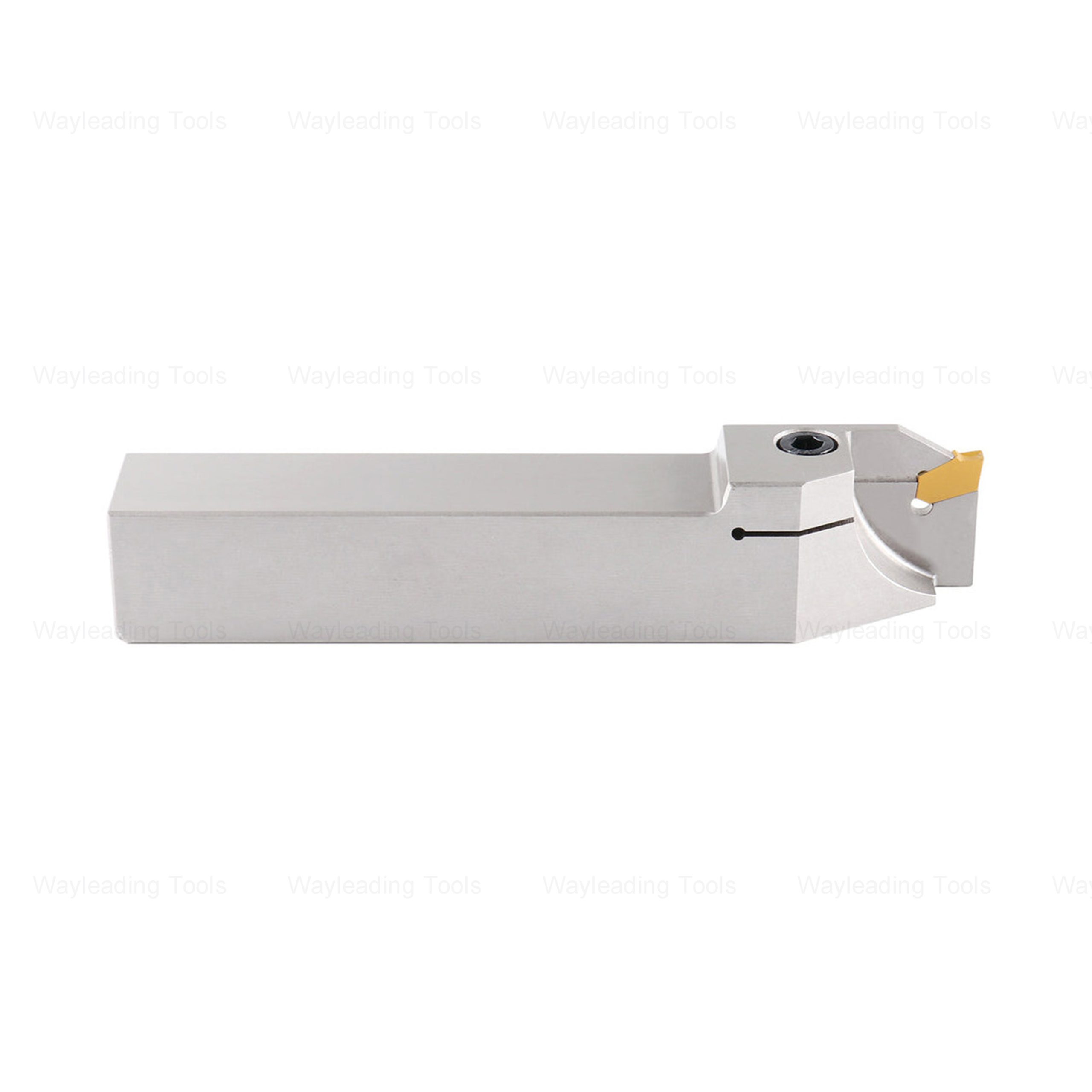 QA Grooving & Cut-Off Tool Holder – Right- and Left-Hand Types
QA Grooving & Cut-Off Tool Holder – Right- and Left-Hand Types -
 Precision Monoblock Fine-Adjustment Vernier Caliper Of Metric & Imperial For Industrial
Precision Monoblock Fine-Adjustment Vernier Caliper Of Metric & Imperial For Industrial -
 Digital Indicator – Precision Type, Inch/Metric, Industrial Grade
Digital Indicator – Precision Type, Inch/Metric, Industrial Grade -
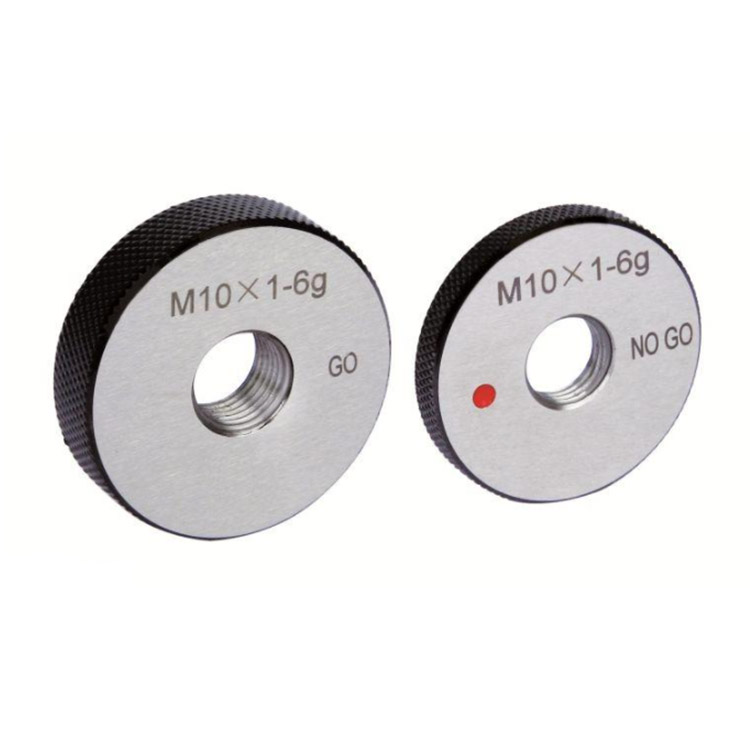 Metric Thread Ring Gauge 6g Accuracy With Go & NO Go
Metric Thread Ring Gauge 6g Accuracy With Go & NO Go -
 High Precision BT-ER Collet Chuck – CNC Tool Holder, Spring Type, ER16–ER40
High Precision BT-ER Collet Chuck – CNC Tool Holder, Spring Type, ER16–ER40 -
 Deburring Tool Blades Using For Deburring
Deburring Tool Blades Using For Deburring -
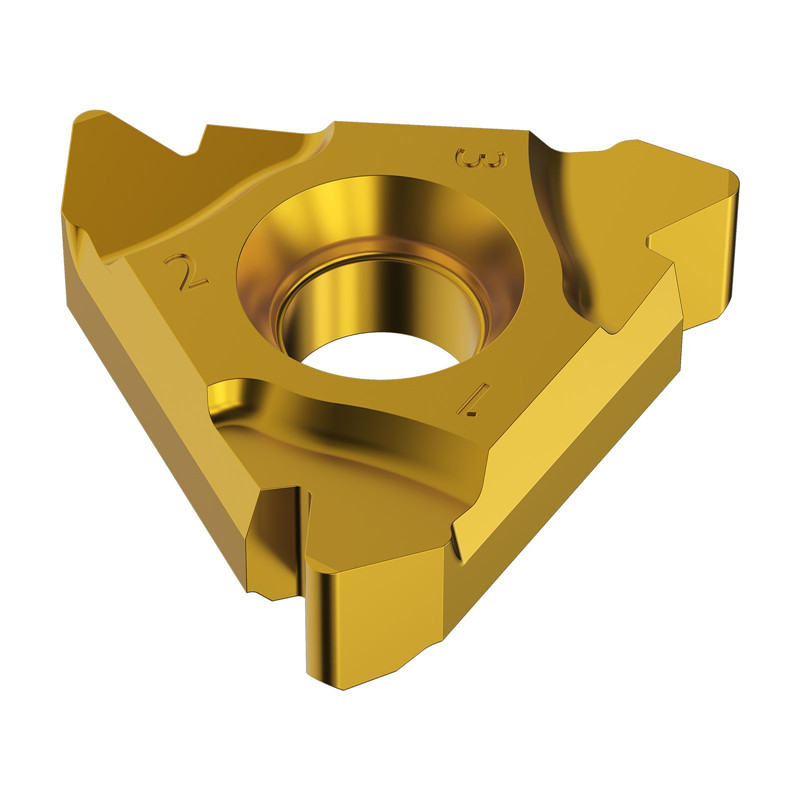 Partial profile 60° Threading Insert With ER & IR Type
Partial profile 60° Threading Insert With ER & IR Type -
 Precision Digital Caliper Of With Metric & Inch Size For Industrial
Precision Digital Caliper Of With Metric & Inch Size For Industrial -
 ANSI B94 HSS Jobber Length Drill Bits Fully Ground
ANSI B94 HSS Jobber Length Drill Bits Fully Ground

